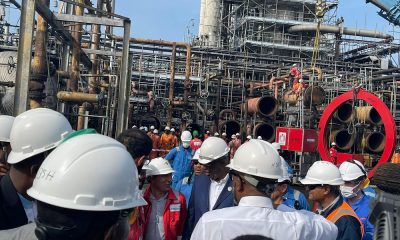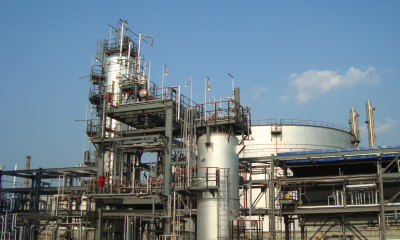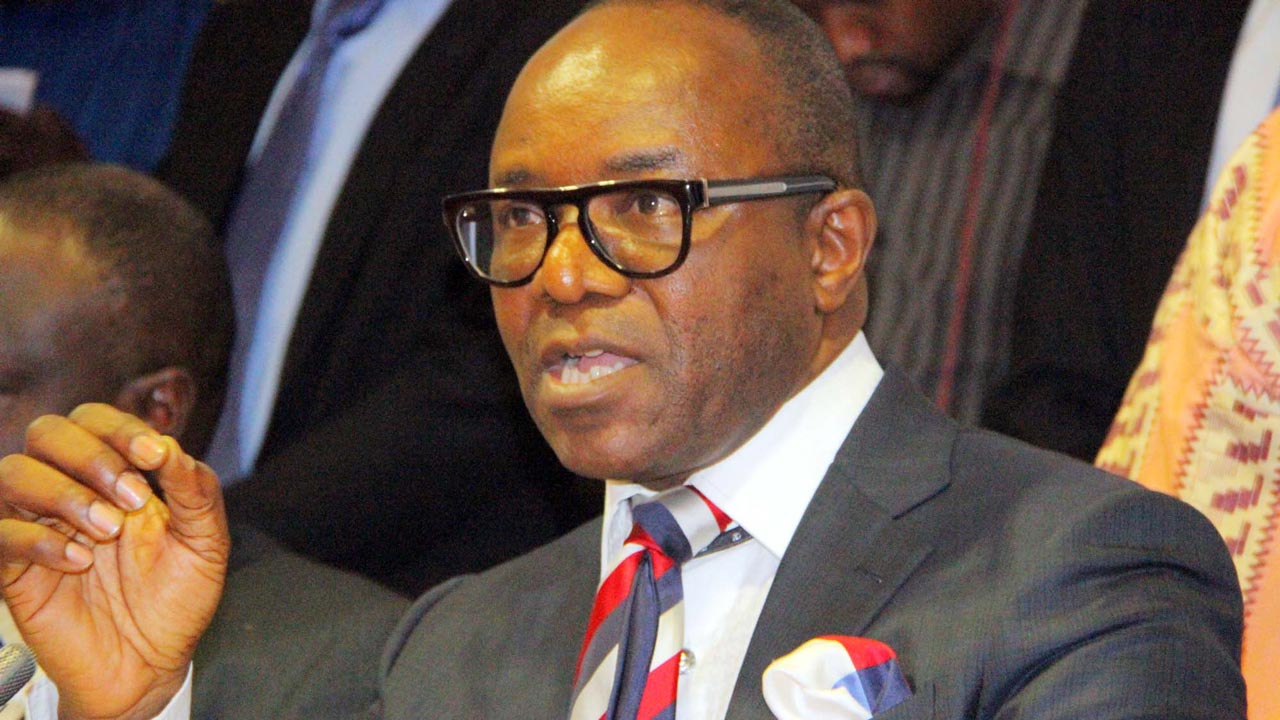At the ongoing Nigerian International Petroleum Summit, the Minister of State for Petroleum Resources, Ibe Kachikwu, lamented the country’s low oil- producing capacity.
He informed OPEC members and an audience of international investors of plans to revive the refineries.
Nigeria’s four principal refineries in Port Harcourt, Kaduna, Warri are old and prone to frequent breakdown.
The two refineries in Port Harcourt commissioned in 1965 and 1989 has an installed capacity of 210bpd, combined, operates at 31.7 percent capacity. The Kaduna refinery, commissioned in 1980 with an initial capacity of 100,000 barrels per day and later 110,000 bpd operates at 27.9% capacity utilization.
The Warri refinery which was commissioned in 1978 with an initial capacity of 100,000 barrels per day but a later additional capacity of 25,000 barrels per day was added with current capacity utilization at just 10.1%.
According to Kachikwu, the refineries are currently producing at 14 percent capacity, one of the lowest in Organization of Petroleum Exporting Countries (OPEC).
National Daily learnt that the Federal Government may have shortlisted Petrodel resources, matrix, BP, Gunvor Nigeria Limited and Honey Group to take over the country’s refineries.
Recall that the Olusegun Obasanjo administration, at its twilight, sold the nation’s refineries to Bluestar consortium led by Nigerian industrialist Aliko Dangote for $750 million.
The Yaradua administration, which took in 2004 over reversed the transaction. Dangote has since embarked on his own refinery project, scheduled for completion by 2020.
A reported concession of the Port Harcourt refinery to a group led by Oando Plc and Agip was halted by the National Assembly. All parties involved (Minister of State for Petroleum, Ibe Kachikwu, Oando Group CEO Wale Tinubu later denied the proposal.
Nigeria currently imports petroleum products, leaving the country susceptible to foreign exchange volatility. Landing cost for petrol is currently in the N170 range, but the government is unwilling to increase pump prices, to prevent a public uproar.
This has left the NNPC as the sole importer, and the nation in throes of a severe fuel scarcity.

 Football5 days ago
Football5 days ago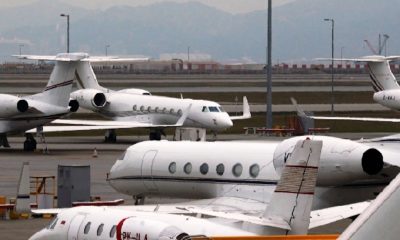
 Aviation1 week ago
Aviation1 week ago
 Aviation6 days ago
Aviation6 days ago
 Featured3 days ago
Featured3 days ago
 Comments and Issues5 days ago
Comments and Issues5 days ago
 Education4 days ago
Education4 days ago
 Business4 days ago
Business4 days ago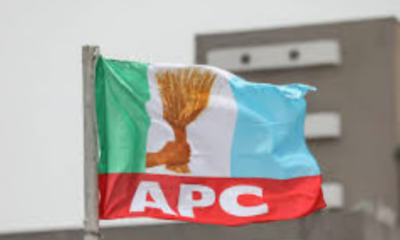
 Featured1 week ago
Featured1 week ago



